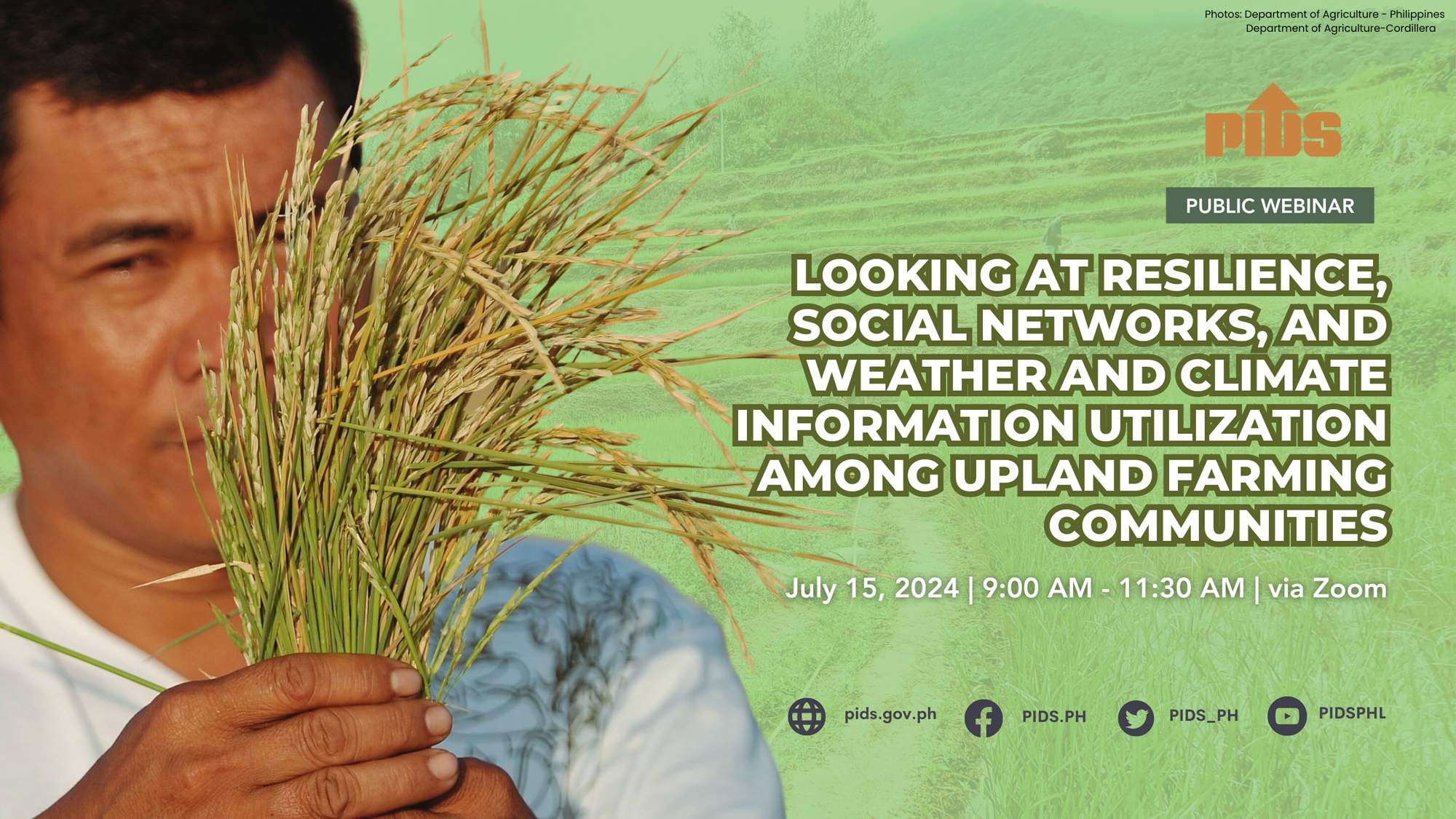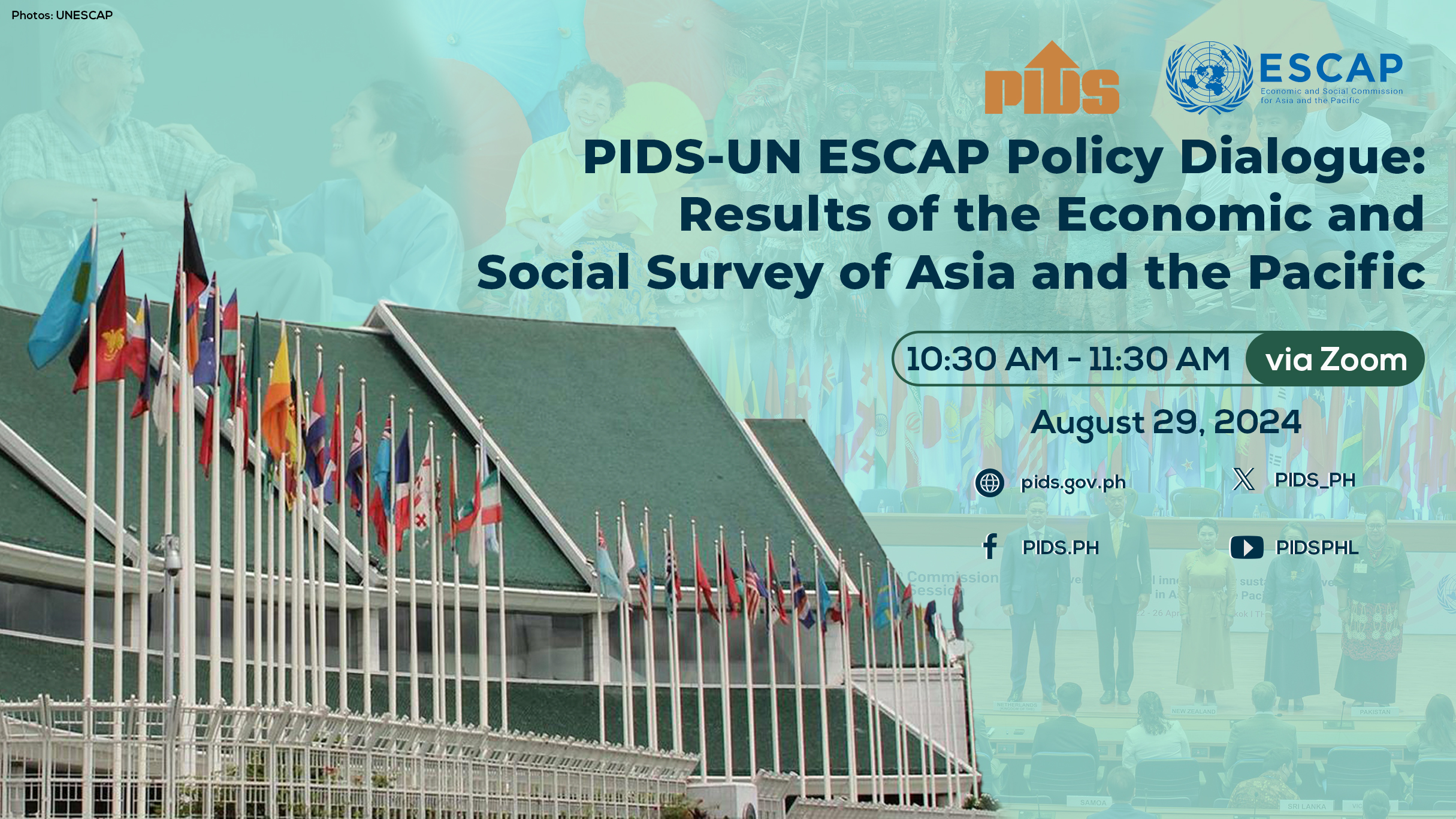The think tank suggests strengthening the social protection system, such as including benefit provision for online work in the labor code
The opportunities brought by online work helped Filipinos during the pandemic but it also posed challenges to the country's labor market, according to a study by state think tank Philippine Institute for Development Studies (PIDS) released in December 2020.
The study said that among the major implications of remote working are the absence of grievance mechanisms, lack of social protections, worsening of gender inequalities, and the increase in low value-added jobs.
“In the Philippines, isolation, or the lack of interaction with other workers, and time management due to the workers’ housework responsibilities or full-time jobs, are cited as challenges. More importantly, there are concerns linked to the lack of collective organization and weak voice of platform workers,” the study said.
To address this, the study suggested strengthening the social protection system in the country to prevent the widening of coverage gaps and gendered inequalities.
“There are national labor laws that ensure workers’ security entitlements; however, the benefit provision for online work is yet to be included in the labor code,” PIDS said in a press release.
PIDS also noted that certain segments of the population, such as the youth and women, “may be naturally drawn to online work.” The study said that if this is coupled with the absence of social protection, it may widen coverage gaps, gender inequality in the workforce, and the weakening of the sustainability of social protection schemes.
Low value-added jobs
The study also showed that around 25% of Filipino online workers are engaged in low value-added jobs, such as clerical and data services.
Meanwhile, only around 14% of Filipino online workers are doing tasks related to software development and technology. “This is relatively low compared to the proportion of similar workers in India, Pakistan, and Viet Nam, at 59%, 45%, and 52%, respectively,” the study said.
To address this, the study recommended the creation of an ecosystem for skills development and training support, which could be useful in any work setting. It also suggested cooperation among Asian nations in developing the country’s remote working landscape.
The study was done by PIDS senior research fellows Connie Bayudan-Dacuycuy, Aniceto C. Orbeta Jr., Ramonette B. Serafica, and research assistant Lora Kryz C. Baje. – Rappler.com
Study shows online work may widen social protection gaps in PH












